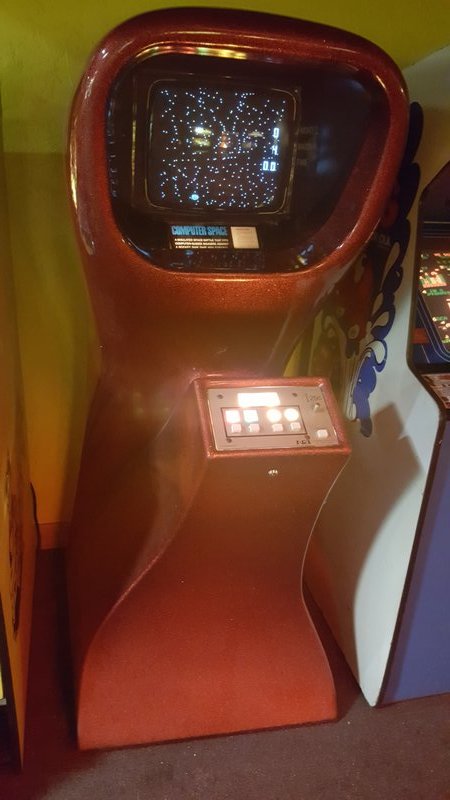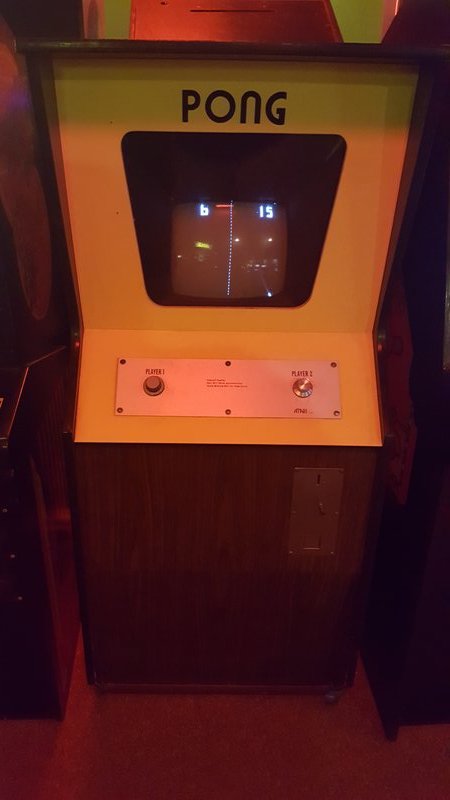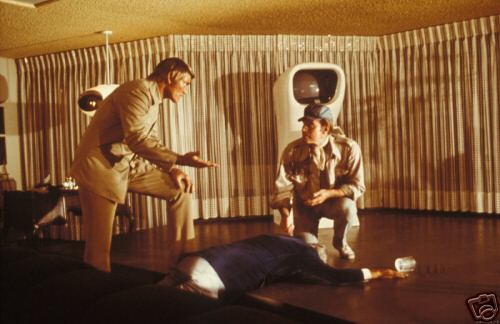- Joined
- Aug 20, 2006
- Messages
- 13,000
According to a Facebook post by Historian Leonard Herman, Atari Co-founder Ted Dabney has passed away at the age of 80 after a battle with cancer. In partnership with Nolan Bushnell, Dabney developed arcade game Computer Science, which would serve as the foundation for Pong.
In 1971 Dabney co-founded Atari predecessor Syzygy with Bushnell and developed Computer Space, the world's first commercially available arcade video game. In 1972 the pair co-founded Atari, and Computer Space was used for the basis of Pong, the video game that made the company its early-days millions. Dabney later left the company after a falling out with Busnhell.
In 1971 Dabney co-founded Atari predecessor Syzygy with Bushnell and developed Computer Space, the world's first commercially available arcade video game. In 1972 the pair co-founded Atari, and Computer Space was used for the basis of Pong, the video game that made the company its early-days millions. Dabney later left the company after a falling out with Busnhell.
![[H]ard|Forum](/styles/hardforum/xenforo/logo_dark.png)



